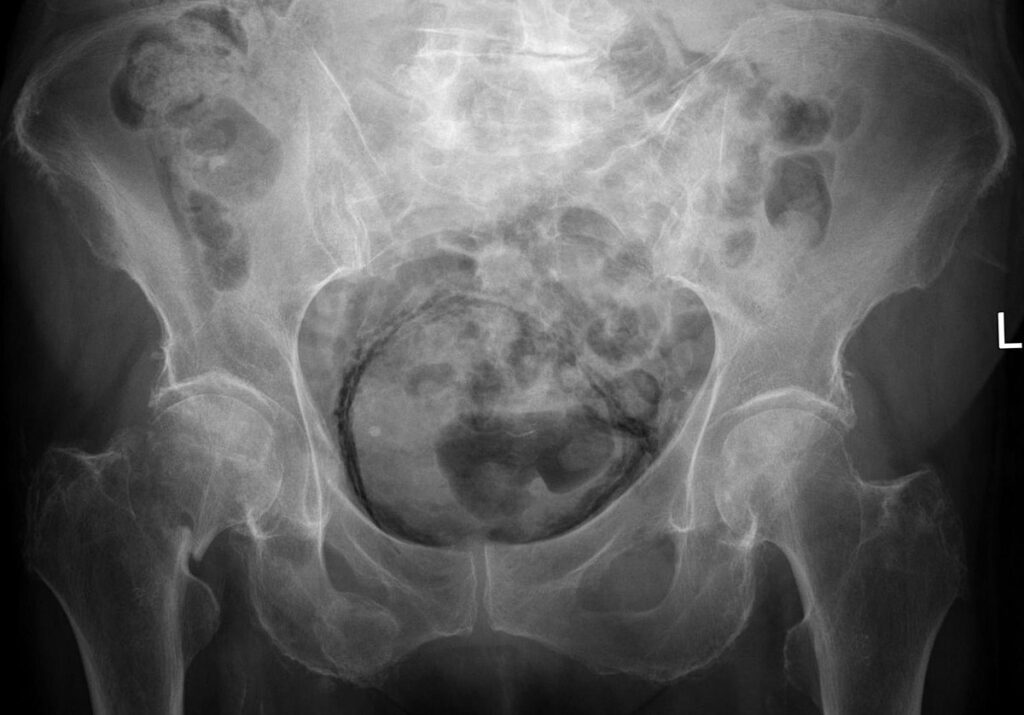What is Citrobacter Cystitis?
Citrobacter cystitis is a type of urinary tract infection (UTI) caused by the bacteria Citrobacter, which is commonly found in the gastrointestinal tract. This bacterial species, though less frequently encountered than other pathogens like Escherichia coli, can still lead to significant health complications, particularly when it infects the urinary system.

Citrobacter species are typically opportunistic pathogens, meaning they can cause infection in individuals with weakened immune systems or underlying health conditions. Citrobacter cystitis primarily affects the bladder, but it can also spread to the kidneys or other parts of the urinary tract if left untreated.
Causes of Citrobacter Cystitis
The primary cause of Citrobacter cystitis is the introduction of Citrobacter bacteria into the urinary tract. The infection can occur through several mechanisms:
- Contamination via the gastrointestinal tract: Since Citrobacter is commonly found in the intestines, it can enter the urinary system through improper hygiene practices, particularly in females, due to the anatomical proximity of the urethra to the anus.
- Urinary catheterization: Patients who require catheterization for extended periods are at an increased risk of developing UTIs, including Citrobacter cystitis, due to the potential for bacteria to be introduced into the urinary tract.
- Urinary retention or obstruction: Conditions that prevent normal urine flow, such as kidney stones or enlarged prostates, create an environment conducive to bacterial growth, increasing the risk of infection.
- Weakened immune system: Individuals with compromised immune systems, such as those with diabetes or undergoing chemotherapy, are more susceptible to bacterial infections, including Citrobacter cystitis.
- Hospital-acquired infections: Citrobacter species are sometimes introduced into the urinary tract during hospital visits, especially in patients who have undergone invasive procedures.
Symptoms OF citrobacter cystitis
The symptoms of Citrobacter cystitis are consistent with those of other types of UTIs and may vary in severity. Common symptoms include:
- Frequent urination: The need to urinate more often than usual, often accompanied by discomfort.
- Painful urination (dysuria): A burning or stinging sensation during urination.
- Lower abdominal pain: Discomfort or pressure in the pelvic region.
- Cloudy or foul-smelling urine: Changes in the appearance and odor of urine.
- Hematuria: Presence of blood in the urine, which may appear as pink or red-colored urine.
- Fever: In some cases, particularly when the infection spreads to the kidneys, fever may occur.
If left untreated, Citrobacter cystitis can lead to more serious complications, including kidney infections (pyelonephritis) or sepsis, especially in individuals with weakened immune systems.
Diagnosis
Diagnosing Citrobacter cystitis typically involves a combination of the following steps:
- Urinalysis: A urine sample is tested for signs of infection, including the presence of white blood cells, red blood cells, and bacteria. A positive result may indicate a urinary tract infection.
- Urine culture: To confirm the presence of Citrobacter and identify the specific strain, a urine culture is performed. This test helps determine the most effective antibiotics for treatment.
- Imaging studies: In some cases, imaging tests such as an ultrasound or CT scan may be performed to assess the condition of the urinary tract, particularly if an obstruction or other complicating factor is suspected.
Treatment of Citrobacter Cystitis
The treatment of Citrobacter cystitis typically involves antibiotic therapy to eliminate the infection. The choice of antibiotics depends on the specific strain of Citrobacter involved and its susceptibility to various drugs, as determined by the urine culture. Common antibiotics used for treating Citrobacter infections include:
- Ciprofloxacin: A fluoroquinolone antibiotic often used to treat UTIs caused by Citrobacter.
- Trimethoprim-sulfamethoxazole: A combination antibiotic effective against a wide range of bacteria.
- Amoxicillin-clavulanate: A penicillin-based antibiotic that can target Citrobacter infections.
It is crucial to complete the full course of antibiotics, even if symptoms improve, to ensure the infection is fully eradicated and to prevent resistance from developing.
In more severe cases, particularly when the infection has spread to the kidneys or bloodstream, intravenous (IV) antibiotics may be required. Hospitalization may also be necessary for those with compromised immune systems or other risk factors.
Preventing Citrobacter Cystitis
Preventing Citrobacter cystitis, like most urinary tract infections, involves a combination of good hygiene practices and lifestyle modifications:
- Proper hygiene: Wiping from front to back after using the toilet can help prevent the spread of bacteria from the anus to the urethra, particularly in females.
- Stay hydrated: Drinking plenty of water helps flush bacteria from the urinary system.
- Urinate after sexual intercourse: This can help clear any bacteria that may have been introduced during sexual activity.
- Avoid catheterization unless necessary: When catheterization is required, ensure proper hygiene and timely removal of the catheter to reduce the risk of infection.
- Manage underlying conditions: Conditions such as diabetes should be carefully managed to prevent urinary tract infections.
Complications of Citrobacter Cystitis
While Citrobacter cystitis is treatable with antibiotics, untreated infections can lead to serious complications, including:
- Pyelonephritis: An infection of the kidneys that can cause permanent damage if left untreated.
- Sepsis: A life-threatening systemic infection that can result from the spread of bacteria from the urinary tract into the bloodstream.
- Chronic UTIs: Recurrent infections can cause long-term damage to the urinary tract and kidneys if not properly managed.

